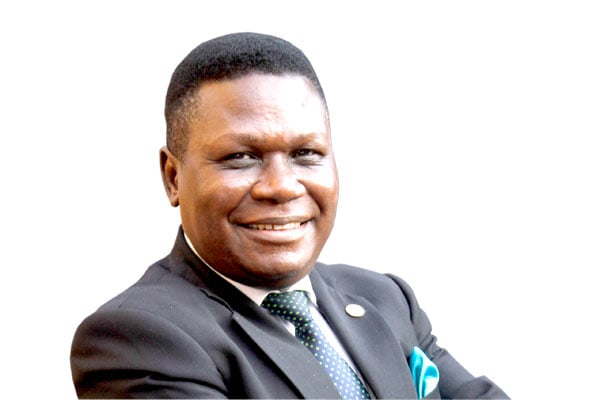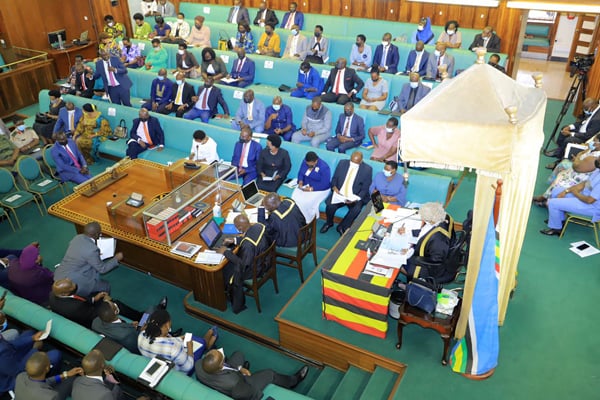Prime
Inside govt’s plan to implement MPs resolutions

Prime Minister Robinah Nabbanja (left) talks to the Speaker of Parliament, Ms Anita Among, during plenary in 2022. PHOTO / DAVID LUBOWA.
What you need to know:
- The 56 resolutions covered 11 ministries including Gender, Works, Agriculture and Health.
Parliament is expected to debate today the government’s implementation of parliamentary resolutions spanning a period from May 2021 to May 2022.
This was disclosed by the Prime Minister, Ms Robinah Nabbanja, while making a presentation during the plenary on Tuesday.
She said of the 56 resolutions, the government has implemented 51 and the remaining five are on course.
“Some of the pending resolutions require legislation and policy formulation and to that effect, the government is initiating necessary legislations and policies,” Ms Nabbanja said.
“I, therefore, wish to inform Parliament that this is the first Action Taken Report to be presented before the 11th Parliament by the Executive. This clearly affirms the government’s commitment to Parliament in ensuring the timely, efficient and effective delivery of services to the public,” she added.
The premier, however, noted that the report presented, excluded actions on resolutions to authorise government to borrow.
Parliament Speaker Anita Among reiterated: “On borrowing, it is about debt servicing and we need to know how far you have gone with the loans disbursed and whether they have been used in a proper way. It is a very important aspect that should be included.”
Key ministries
The 56 resolutions covered 11 ministries including Gender, Works, Agriculture and Health.
Others are the Ministry of Education and Sports, Ministry of Finance, Planning and Economic Development; Ministry of Internal Affairs; Ministry of Defence and Veteran; Ministry for the Presidency; Ministry of Justice and Constitutional Affairs; Ministry of Information and Communications Technology; Office of the Prime Minister (OPM), and the Ministry of Water and Environment.
Key resolutions
Among the key resolutions that Parliament passed was urging the government to address challenges facing the girl-child and children in general in the digital era. This involves tracking the implementation of the Trafficking in Persons Act, 2019, and the Anti-Pornography Act, 2014.
Parliament also asked the Attorney General to present the status of the implementation of the Penal Code Act intended to protect both girls and boys against female genital mutilation, rape, defilement, child marriage, and all other forms of child abuse.
Other resolutions included stopping cattle rustling and restoring peace, security, and stability in the sub-regions of Teso, Lango, Acholi, Karamoja, Bugisu and Sebei, and the government verifying and paying compensation to the people who have lost lives, livestock, and property to the rustlers. In the transport sector, Parliament asked the government to increase funding for road safety programmes and activities.
Other resolutions in the transport sector include the Works ministry reducing the speed limit for urban areas and liaising with other relevant agencies such as Uganda National Bureau of Standards to consider setting acceptable standards for helmets, seat belts and child restraints to be allowed on the market. Under the ICT ministry, Parliament wants the government to crackdown on disseminators of immorality and fake news.
Under OPM, the government is tasked to immediately provide relief to the affected and displaced people in area disrupted by the perpetual cattle raiders. The premier, Ms Robinah Nabbanja, however, said the OPM had provided some relief food in Karamoja, Teso, Acholi and Lango Sub-regions.




